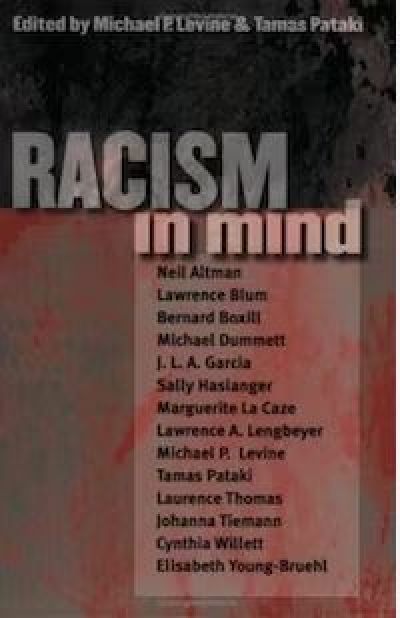Social science
Racism in Mind edited by Michael P. Levine and Tamas Pataki
by Janna Thompson •
The notion of what it means to be different, and the question of how we know we are different, invites us to consider statistical method and its implications for our society, for only in the context of what is normal can an individual be assessed as different. Mathematically, it would appear that the relationship between an individual and a society composed of individuals is by no means straightforward, a subtlety increasingly lost on those citizens who, armed with degrees in the social sciences, emerge from our tertiary institutions to study, rehabilitate, and edify us.
... (read more)We Australians, in common with everyone else on this planet, live in a very scary world. The survival of the human race is at risk with the threat of Russian/American nuclear war, with the threat of pollution, overpopulation, energy depletion and the risks of nucleology. We are at risk because of the problems created by the dependence of the world economy on continuous economic growth in both the capitalist and communist worlds. Associated with the problems created by economic growth are the ones mentioned above, as well as the base materialism and consumerism which Australia’s transformation from a sheepwalk into a quarry brings, together with it large scale, permanent unemployment. Especially for school leavers. These are what might be termed, the materials problems. ... (read more)


